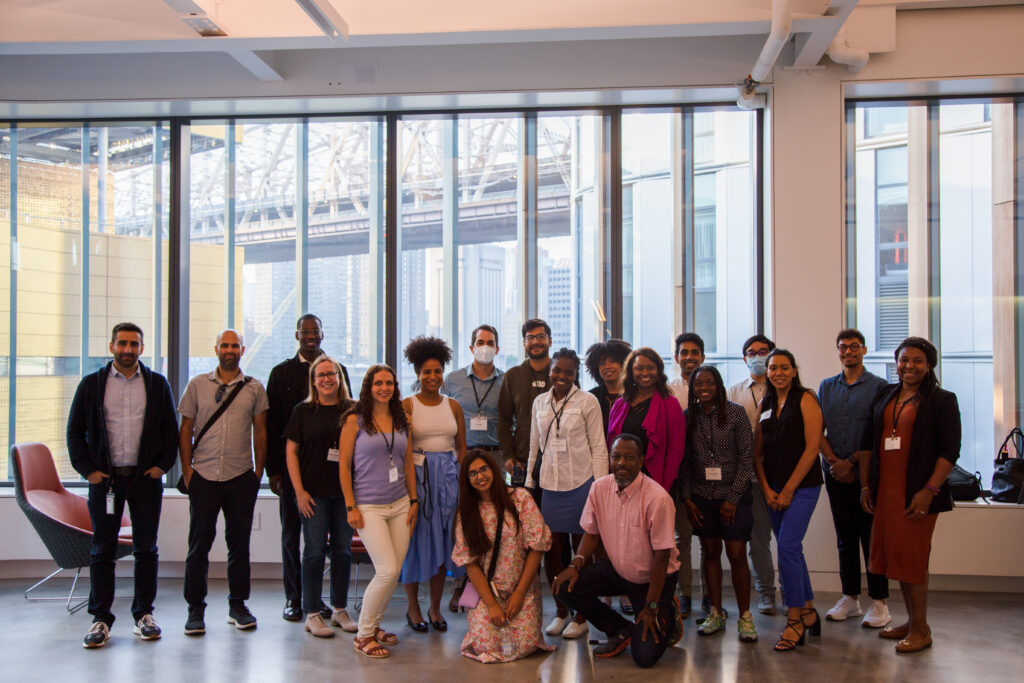Translating an innovative STEM technology from the laboratory to the marketplace is no easy feat. For scientists and researchers who are in underrepresented groups, there can be even more barriers in their way. This summer, the National GEM Consortium (GEM) and the Upstate New York I-Corps Node teamed up to deliver an exclusive I-Corps learning opportunity for a cohort of GEM Fellows (African American, American Indian, and Hispanic American students studying at the master’s and doctoral levels in engineering and science) who are interested in entrepreneurship.
This cohort of Fellows – all deep-tech innovators from universities across the country — took a five-week intensive dive into customer discovery, with the goal of finding a problem-solution fit for their technology innovation and exploring its commercialization potential. This ‘hybrid’ course was a unique opportunity intended to give GEM Fellows with a passion for entrepreneurship the chance to connect in person. The teams began their training online, then convened at the Cornell Tech campus on New York City’s Roosevelt Island for three days, where they collaborated and received in-person coaching before heading out into the city to conduct face-to-face customer discovery interviews. The UNY Node provided travel funding microgrants for all the participants.
GEM’s Inclusion in Innovation Initiative (i4) was established in partnership with the NSF to establish a national diversity and inclusion infrastructure for I-Corps programs nationwide. i4’s programming supports academic researchers in embracing the entrepreneurial mindset, providing them entrepreneurial training through the I-Corps curriculum, and preparing them to eventually launch successful tech startups.
“Entrepreneurship and innovation can change the trajectory of students’ lives and thus their families and communities. Initiatives like this provide not just information, but also the access and support necessary for Fellows to be successful in entrepreneurial endeavors. It also reflects how intentional collaboration brings together stakeholders in the entrepreneurial ecosystem and accelerates impact,” said Talmesha Richards, Principal Manager, Innovation Relationships at i4.
This course was led by two UNY I-Corps Node trained regional I-Corps instructors: Makini Byron, a GEM alumna and director of external technology at Linde, and Fernando Gómez-Baquero, who is also a core national I-Corps instructor and the Director of the Runway Startups postdoc program at Cornell Tech. The Runway program exists to create startups from scratch and offers postdoctoral students funding and resources to let their entrepreneurial journey unfold.
“Programs like I-Corps and Runway allow you to be excellent at both – excellent entrepreneurs and excellent academics,” Gómez-Baquero said.
Tiffany St. Bernard, Cornell PhD ’20, co-founder and CEO of HairDays, met with the group to share her insights and wisdom as an alumna of the National GEM Consortium, a UNY I-Corps regional course, and the Cornell Tech Runway program. St. Bernard’s company leverages AI to provide personalized hair health recommendations, and recently received a $256k NSF SBIR Phase I award. She spoke to the support she received as she pivoted her business strategy, and the doors that her Cornell affiliation opened for her.
“People take you more seriously when you have someone to vouch for you,” St. Bernard said. “Being a part of the Cornell network is invaluable when it comes to making warm intros and connecting with people in your industry.”
On the second day of the in-person meeting, the Fellows shared their plans for customer discovery and participated in a workshop on conducting good interviews and avoiding cognitive bias. Then, they went off for the day, to interview potential customers they had identified across NYC with the goal of testing their hypotheses about the needs of the customer.
Following report-outs and instructor feedback on the customer discovery insights they gained, the weekend closed with a networking reception hosted by GEM I4. GEM Fellow alumni and other movers and shakers in the startup community came to meet the cohort, offer advice, and make connections.
Members of the GEM cohort each spoke to the value of their customer discovery experiences.
Tyrome Sweet, PhD candidate at University of California – Merced, is on a mission to centralize and digitize medical records to empower patients and provide continuity of care. His experience in I-Corps served as a crucial moment of discovery, allowing him to discover a possible opportunity to shift his tech to fit an existing market need.
“A monumental interview for me that really started opening my eyes to a different problem was speaking with an infectious disease medical doctor. After that interview, and getting guidance from the course instructors, I was able to find a more tangible problem that so many people are looking for a solution for,” he said. “I am extremely ecstatic that I-Corps and GEM teamed up to create this opportunity for me. I am a lot more confident and prepared to bring my ideas into fruition, and engage with customers to discover what they truly need.”
Alexis Peña and Lauren Blake, both PhD candidates at Johns Hopkins University, are co-founders of fiber alternative startup Good Fibes, working to bioengineer natural fibers that can be used in place of traditional animal down in textile production The duo found that an entrepreneurial venture requires methodology that’s similar to the Scientific Method.
“Coming from biomedical engineering and biophysics backgrounds, we both have limited formal business education,” said Blake. ‘The I-Corps/GEM Fellows course therefore provided a solid foundation for our entrepreneurial journey. We quickly realized that the initial stages of entrepreneurship are not all that different from working in the lab: developing hypotheses that need to be tested experimentally and refining them in the event of new information. With 20+ customer discovery interviews behind us, not only has our business model changed dramatically, but our network of support has expanded exponentially.”
Editor’s note: This story originally appeared on the UNY I-Corps Node blog. On January 1, 2023, the UNY I-Corps Node will transition to the Interior Northeast I-Corps Hub.


